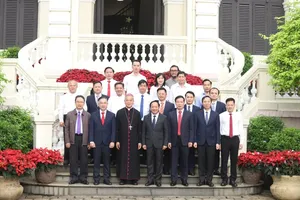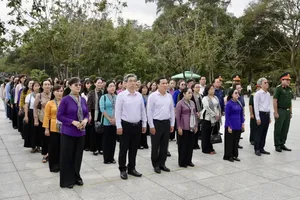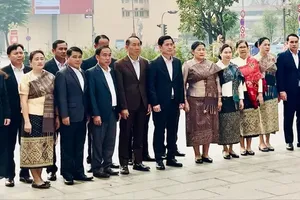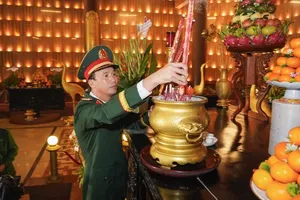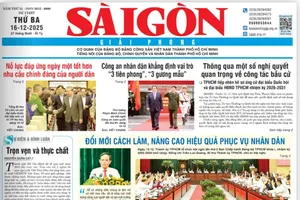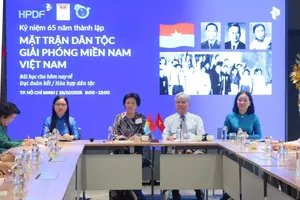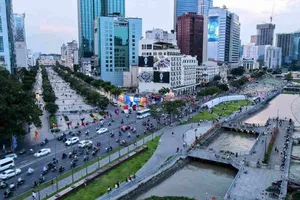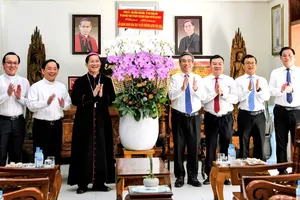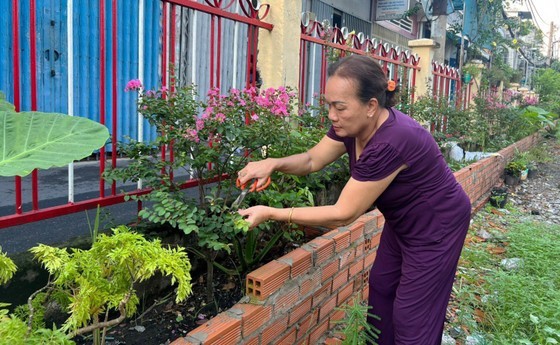 |
Residents in Phu Nhuan District’s Ward 9 grow plants to beautify the railway line and the living environment (Photo: SGGP) |
Urban green space is open-space areas reserved for parks and other green spaces including plant life, and water features. Green spaces in cities mitigate the effects of pollution.
Recently, the citywide campaign to call for city residents not to litter the streets and canals to help the city reduce flooding according to the Standing Committee of the Ho Chi Minh City Party Committee’s Directive 19 has achieved many positive results as fly dumping sites have been converted into clean and beautiful areas.
Specifically, the Youth Park Flower Garden in Thu Duc City’s Tang Nhon Phu A Ward was fashioned out of a 2,000-square-meter-old garbage dump after many residents joined hands to convert it.
Residents in Phu Nhuan District are also determined to clear garbage piles along the railway line. In the place of fly dumping sites, flower pots made from recycled materials hung along the railway fence, the railway has become more eye-catching and beautiful.
Many people are happy to see positive changes in the Hang Bang Canal in the section from Ngo Nhan Tinh Street to Chu Van An Street in District 6 because the Hang Bang Canal was heavily polluted previously and people living near the canal had to suffer the stench. Inhabitants now see a clean canal with embankments and many trees are grown on the canal’s embankment.
Moreover, the landfill in the vacant land on Pham Van Dong Street in Binh Thanh District’s Ward 11 was renovated into a park, becoming a place for exercise and entertainment for surrounding people.
Ms. Mai Thi Hoa, Head of Residential Group 106, remembered that people contributed more than VND400 million (US$ 16,273) to turn this place into an entertainment area.
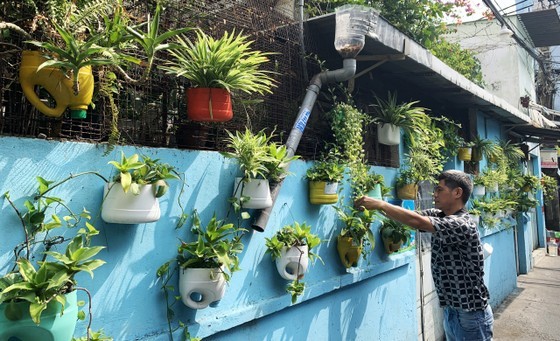 |
HCMC dwellers’ awareness of green space is raised |
In the other aspect, supermarkets encouraged consumers to use biodegradable plastic bags for environmental protection.
Many city dwellers have the habit of using reusable bags when going to supermarkets or traditional markets.
Young people’s awareness of environmental protection has been raised. In Ho Chi Minh City, many groups which have been formed for years to organize fairs to exchange trash for gifts or they have picked up trash on canals.
For instance, despite the scorching weather, a group of young people worked hard to collect plastic cups, plastic bags, and debris into bags in Thu Thiem New Urban Area in Thu Duc City. After a few hours, the area was clean, and dozens of garbage bags were gathered for the garbage collection unit to take away. Young people are members of the Green Saigon group.
More and more people are becoming members of the Saigon Green group who regularly clean up canals in the city and many young people in other provinces followed the Saigon Green group’s deeds to clear junkpiles. To date, the group has attracted more than 200 volunteers cleaning trash in dozens of canals.
The Vietnam Green Community group has transformed hundreds of spontaneous landfills in many provinces and cities across the country into green spaces for a clean and beautiful environment. Established in 2019, this group has been operating in 63 provinces and cities with nearly 20,000 volunteers with the goal of turning Vietnam from the top 4 countries that dump the most plastic waste into the sea in the world into the top 5 cleanest and most beautiful countries in Southeast Asia before 2025.
Vietnam Recycles is known as a free electronic waste take-back and recycling program to exchange used electronic devices with gifts since 2015.
At the same time, many localities also organize effective models and solutions such as the model ‘Collecting household hazardous waste and plastic waste in exchange for necessities’, ‘Green - clean - beautiful wall model’ in District 1, ‘Garbage-free park’ and ‘Flower beds instead of trash spots models’ of District 4.
Since the end of 2019, the People's Committee of Ho Chi Minh City has required state administrative and public non-business agencies citywide to limit the use of bottled drinking water. Party and State agencies, unions, schools, and medical facilities in the city are also required not to use single-use plastic cups and plastic straws in all daily activities. Since 2020, the Ho Chi Minh City Department of Finance has not allocated funds for the purchase of disposable plastic products in state administrative and public non-business agencies.

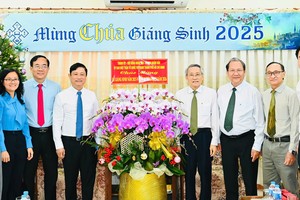
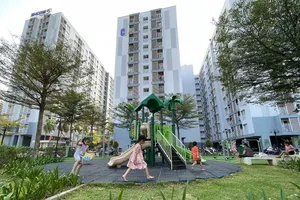
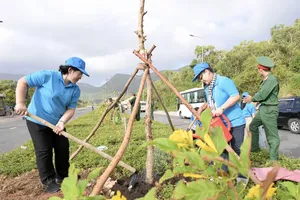
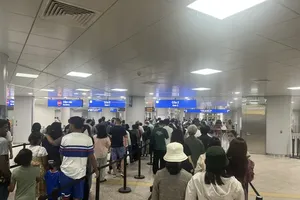
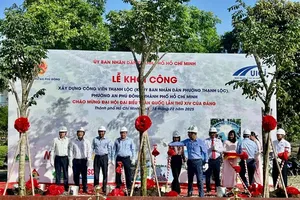
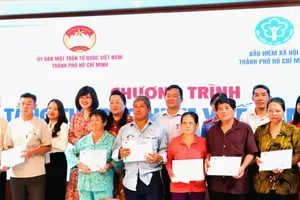
)

